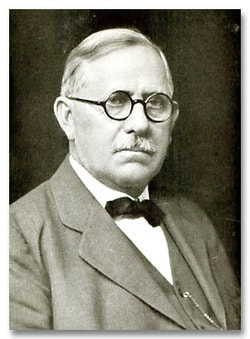
Among the brave efforts that were made on that occasion to save the drowning people, one of the noblest was made by a man who was in charge of a small boat at some distance from the scene of the collision. Rowing with all his might into the midst of the struggling passengers, he pulled several of them one after another into his little boat, which was now full and in danger of sinking, and prepared to row away. But when he saw the upturned faces of many others and heard their piteous cries: "Oh save me, sir!" "Don't leave me sir!" it is said that in agony he threw up his arms and cried: "O God, that I had a bigger boat! Oh, God!! that I had a bigger boat!!!" His heart was large enough to save all who were perishing, but his boat was too small; his power was limited.
It is not so with Christ. He is the life-boat of perishing humanity, and in Him there is room for the whole race, for "He is the propitiation for our sins, and not for ours only, but also for the sins of the whole world."
W.T. Fleck, pages 28-29 in One Thousand Evangelistic Illustrations, edited by Webb, A. (1924). New York: Harper & Brothers Publishers









 RSS Feed
RSS Feed